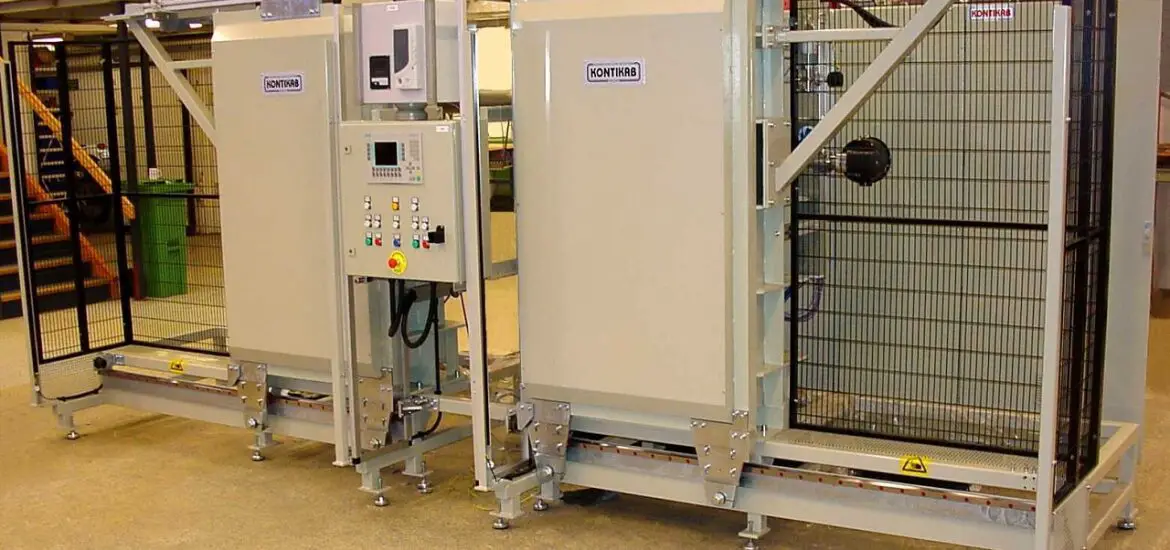Your refrigerator’s humming along just fine, but have you ever stopped to think about the invisible hero keeping things cool? It’s the refrigerant, my friend. Yet, when it starts to leak, it’s like your fridge is hemorrhaging cold air. Enter the refrigerant leak detection system—a tool designed to nip this problem in the bud. And this is what we’ll explore today.

Table of Contents
Understanding Refrigerant Leaks
Refrigerant leaks might seem like a small nuisance, but they’re more like the villain in our refrigeration story. Now, let’s get a feel for why that is.
Importance of Detecting Refrigerant Leaks
Why all the fuss about a little leak? Well, it’s like a tiny hole in your wallet where money keeps falling out. Moreover, these leaks are equivalent to an open invitation to environmental damage—increasing your carbon footprint, one leak at a time. And of course, let’s not forget how they gnaw away at your system’s efficiency and lifespan.
Common Causes of Refrigerant Leaks
So what’s causing your system to spring these leaks? It’s usually due to factors like system stress, wear and tear, and manufacturing defects. Picture it like a pair of worn-out shoes that start to come apart at the seams.
Refrigerant Leak Detection Systems: An Overview
Time to meet our knight in shining armor—the refrigerant leak detection system.
Purpose of Refrigerant Leak Detection Systems
These systems are your ticket to system efficiency, environmental friendliness, and reduced downtime and maintenance costs. They’re like the traffic cops of your cooling system—ensuring everything flows smoothly and without any illegal leaks.
Basic Components of a Refrigerant Leak Detection System
Every good system has its components: sensors to smell out the leaks, controllers to manage the process, and alarm systems to raise the red flag when things go south.
Different Types of Refrigerant Leak Detection Systems
One size doesn’t fit all. Let’s explore the variety of detection systems available to find your perfect match.
Electronic Leak Detectors
These devices work like bloodhounds, sniffing out refrigerant leaks. While they’re great at what they do, they might struggle in areas with high ambient refrigerants.
Ultrasonic Leak Detectors
Imagine having bat-like hearing—that’s what these detectors bring to the table. However, they might not perform well in noisy environments.
UV Dye Leak Detectors
These are like the detectives of the group, using UV dye to trace the origin of the leak. However, the whole process can be time-consuming.
Infrared Leak Detectors
Infrared detectors work like night vision goggles, scanning for refrigerant leaks. They’re efficient and fast, but pricey.
Read more detailed articles on refrigerants here – Articles on Refrigerants: The Ultimate Guide to Understanding Them
Choosing the Right Refrigerant Leak Detection System
How do you find the perfect system? Here’s a couple of things to keep in mind.
Factors to Consider when Selecting a Leak Detection System
When choosing your system, consider its sensitivity, speed, ease of use, and cost. Also, make sure it’s compatible with your specific refrigerant. It’s like choosing a pair of glasses—every detail matters for clear vision.
Application-Specific Considerations
Your needs might differ based on whether you’re using the system at home or in an industrial setting. Remember, the refrigerant used also dictates the detection system requirements.
Maintaining and Troubleshooting Your Leak Detection System
A well-maintained system equals peace of mind. Here’s how to keep yours in top shape.
Regular Maintenance Practices
Just like you’d take your car in for regular tune-ups, your refrigerant leak detection system needs the same kind of TLC. Think about it like this, would you rather pay a small price now to prevent a leak, or a larger one later when you’re dealing with an inconvenient and costly leak?
So, what does regular maintenance look like? First off, keep a close eye on those sensors. They’re the first line of defense against leaks, so it’s crucial to ensure they’re functioning well. It’s like making sure your smoke detector’s batteries are fresh—you want that early warning system in tip-top shape.
Secondly, it’s vital to regularly check the system controllers. These are the brains of the operation, sending out the commands to the rest of the system. It’s a bit like ensuring your computer’s software is up to date, keeping things running smoothly.
Lastly, always verify your alarm systems. When a leak happens, you want to know immediately, right? Regular checks can ensure they’re alert and ready to warn you at the first sign of a problem. In short, regular check-ups are your best bet for a healthy, functioning system. So why not start penciling them in your calendar?
Future Trends in Refrigerant Leak Detection
As we look towards the horizon, there’s a lot to be excited about in the world of leak detection.
Technological Innovations in Leak Detection Systems
New technologies are being developed, and they promise exciting benefits. They’re like the next generation stepping up to take over the reins.
Regulatory Impact on Refrigerant Leak Detection
Changes in regulations might influence leak detection requirements, shaping the future landscape of this industry.
Conclusion
In conclusion, refrigerant leak detection systems are like the bodyguards of your cooling system. Choosing the right system and maintaining it well can ensure a long, hassle-free service. And with technological advancements on the horizon, who knows what amazing capabilities we’ll see next in this space?
